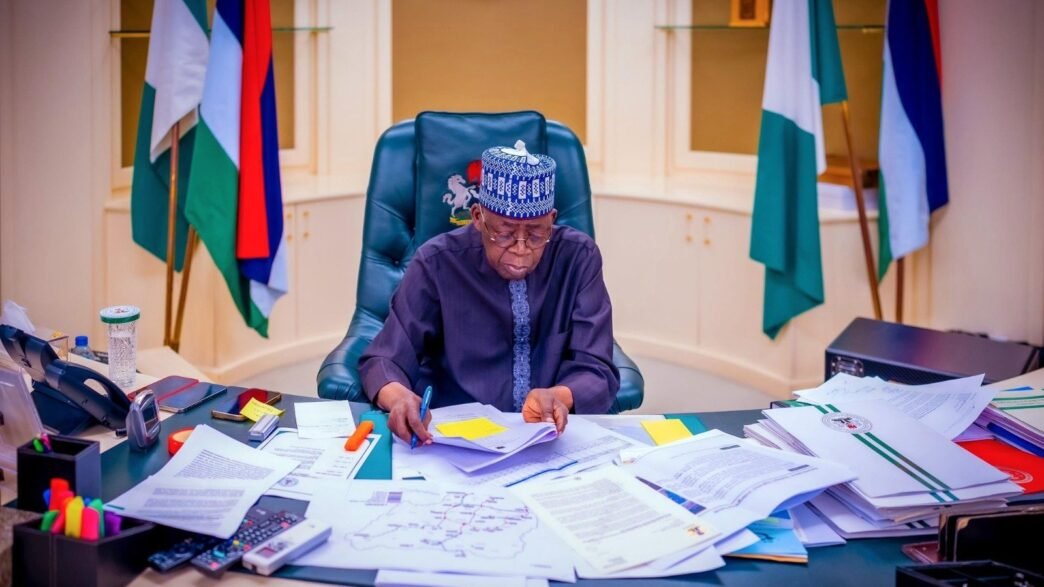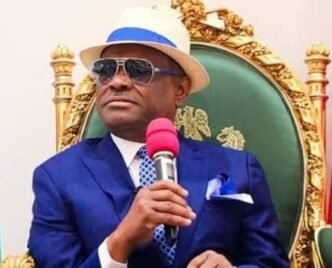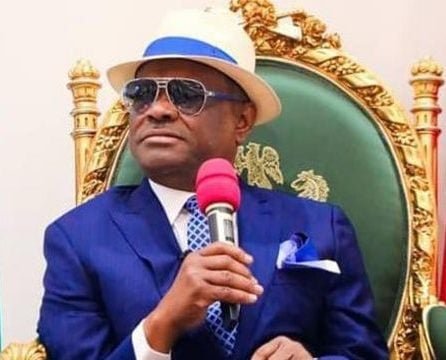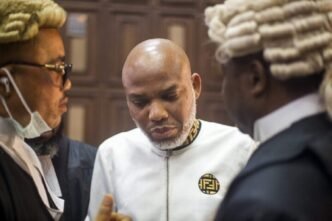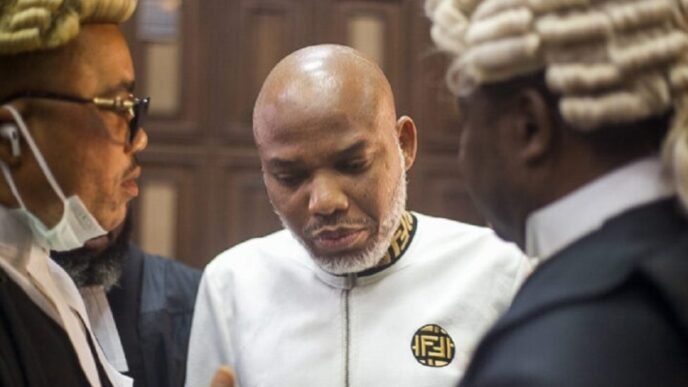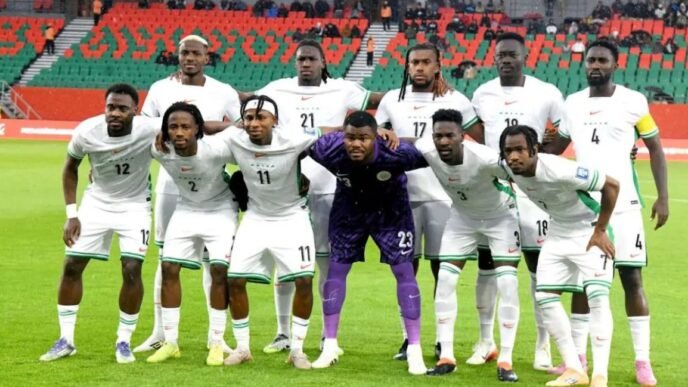President Bola Ahmed Tinubu has postponed his scheduled trip to South Africa for the G20 Leaders’ Summit, opting instead to receive comprehensive security briefings from Vice President Kashim Shettima over two major national crises: the kidnapping of schoolgirls in Kebbi State and the deadly attack on Christian worshippers in Eruku, Ekiti Local Government Area of Kwara State.
The Presidency confirmed on Wednesday, through a statement issued by Bayo Onanuga, Special Adviser to the President on Information and Strategy, that President Tinubu directed the immediate deployment of additional security operatives to the affected areas. The directive followed an urgent request from the Kwara State Government and growing national concern about rising attacks on schools, churches, and rural communities.
According to the Presidency, Tinubu will not proceed with his proposed trip to South Africa until he receives detailed, on-ground reports from Vice President Shettima, who has been tasked with meeting security chiefs and regional leaders in the North-West. The President is expected to review updated intelligence on the Kebbi school abduction, ongoing rescue efforts, and any new developments surrounding the Kwara church attack before making further diplomatic or foreign travel commitments.
The suspension of the South Africa visit marks one of the most significant public acknowledgements yet that Nigeria’s current security situation remains a central pressure point for the Tinubu administration, which has repeatedly pledged to deliver “decisive and irreversible progress in the fight against violent threats.”
A Presidency Under Pressure
Security analysts note that the decision to postpone a top-level diplomatic visit suggests the depth of concern at the highest levels of government. The G20 Summit – an important platform for international trade, partnerships, and foreign policy engagement – rarely sees a head of state stepping down from physical attendance unless national exigencies demand it.
Officials close to the President told journalists that Tinubu was determined to receive firsthand reports on the Kebbi situation, including ongoing consultations with local leaders, military commanders, and investigative authorities. The government reportedly wants to confirm the exact number of students affected, the status of ransom demands, and the success of ongoing pursuit operations before the President resumes official foreign travels.
Vice President Shettima, himself a former Borno governor who led numerous anti-insurgency coordination operations during the height of Boko Haram attacks, is expected to transmit actionable intelligence back to Abuja within days. The President is said to be closely monitoring whether the kidnappers are linked to regional criminal networks, known insurgent groups, or cross-border militia operations that have previously plagued the North-West corridor.
Unfolding Crisis in Kebbi: Renewed Concerns Over School Safety
The abduction of schoolchildren in Kebbi has once again inflamed national anxiety about student safety in northern Nigeria. The incident calls to mind previous mass kidnappings in Chibok (Borno), Kankara (Katsina), Dapchi (Yobe), and Birnin Yauri (Kebbi), which drew national and global condemnation.
While official statements have not yet disclosed the precise number of abducted students, local sources report that armed attackers invaded the school in the early hours, overpowering security and abducting students in what authorities describe as a “coordinated and premeditated operation.”
Parents, activists, traditional rulers, and education stakeholders have demanded strong government responses, warning that persistent school attacks undermine education access and further destabilize communities.
President Tinubu’s decision to seek real-time intelligence before departing the country signals a clear shift toward more hands-on crisis management. Aides familiar with the process say the President wants a full, reliable assessment of current rescue strategies, including:
- Location tracking and pursuit results
- Statements from local leaders and affected families
- On-ground morale of security forces
- Identified weaknesses in response protocols
- Need for additional federal support
Within the Presidency, there is now growing consensus that a sustainable strategy to protect Nigerian schools – especially in remote areas – must be escalated. Analysts expect new security directives to emerge in the coming days, long after the immediate crisis subsides.
Deadly Attack on Kwara Worshippers: Tinubu Orders Immediate Response
While the Kebbi kidnapping has dominated national headlines, the deadly attack on Christian worshippers at Christ Apostolic Church in Eruku, Kwara State has further intensified pressure on the federal government. According to early reports, armed bandits stormed the church during a worship session, opening fire and causing casualties as congregants fled in panic.
Governor AbdulRahman AbdulRazaq communicated directly with the Presidency, requesting swift and reinforced federal intervention. In response, President Tinubu immediately ordered the deployment of additional police, special tactical units, and intelligence operatives to Eruku and the wider Ekiti Local Government Area.
Bayo Onanuga, in his statement, confirmed that the President directed security agencies to “go after the attackers without delay and ensure that the perpetrators are apprehended and the community secured.”
Federal sources disclose that the deployment includes:
- Reinforced joint police–military patrols
- Human intelligence monitoring
- Expanded helicopter surveillance
- Tracking of escape pathways used by the attackers
- Fortification of nearby vulnerable communities
The President has also asked for detailed reports on why the attack was possible, including whether local security networks in the area were already overstretched.
Public Reaction: Rising Demands for Stronger National Security
Reactions have poured in from civil society organisations, religious associations, political commentators, and local community groups. Many Nigerians argue that the simultaneous attacks in Kebbi and Kwara illustrate the evolving nature of insecurity — no longer limited to one specific region, religion, or institution.
Faith-based groups have warned that attacks on churches risk deepening religious tensions in an already fragile multi-ethnic and multi-faith nation. Conversely, parents and education advocates say the persistent targeting of schools could lead to school closures, higher dropout rates, and long-term damage to Nigeria’s human capital development.
Social media commentary has also been robust, with many Nigerians calling on the government to:
- Increase investment in rural policing
- Deploy technology for rapid threat detection
- Improve community-based intelligence sharing
- Strengthen inter-state border monitoring
- Mandate safer school infrastructure and early-warning systems
While the Presidency has defended its ongoing security reforms, critics argue that enforcement gaps and delayed tactical responses continue to undermine progress.
Growing Political Implications
With Nigeria preparing for major policy rollouts, international investment campaigns, and renewed economic diplomacy, continued insecurity threatens to complicate the government’s broader agenda.
Analysts note that President Tinubu’s postponement of a major international summit is likely to send a mixed message internationally. On one hand, it demonstrates leadership focus on domestic realities. On the other, it highlights how security instability remains a significant obstacle to Nigeria’s global engagements and development ambitions.
Diplomatic observers note that Tinubu has been working to position Nigeria as a stable economic hub for foreign direct investment — and insecurity has long remained one of the single largest deterrents to capital inflow.
Next Steps: Awaiting New Presidential Orders
President Tinubu is now expected to receive an extensive briefing from Vice President Shettima within the next 48 to 72 hours. The briefing will likely determine:
- Whether additional national deployments are required
- Whether governors from neighboring states will be summoned
- Whether new counterterrorism or counter-banditry strategies will be announced
- Whether the President will reschedule his South Africa trip
Sources within the National Security Council say that Tinubu is personally reviewing standard operating procedures for emergency responses, particularly in rural areas where mobile coverage, policing numbers, and early-response infrastructure remain limited.
Conclusion
The twin crises in Kebbi and Kwara have created a pivotal moment for the Tinubu administration. The President’s decision to halt participation in the G20 Leaders’ Summit underscores the urgency with which the government is now treating rising insecurity.
For Nigerians across the country, the federal response in the coming days may determine:
- The future of school safety
- The protection of religious communities
- Government credibility in the security sector
- Public confidence in federal leadership
As citizens await further announcements, one reality is clear: the coming days will be crucial, not only for the immediate victims and affected communities, but for Nigeria’s broader fight to restore stability, protect vulnerable populations, and strengthen national unity in the face of growing internal threats.


